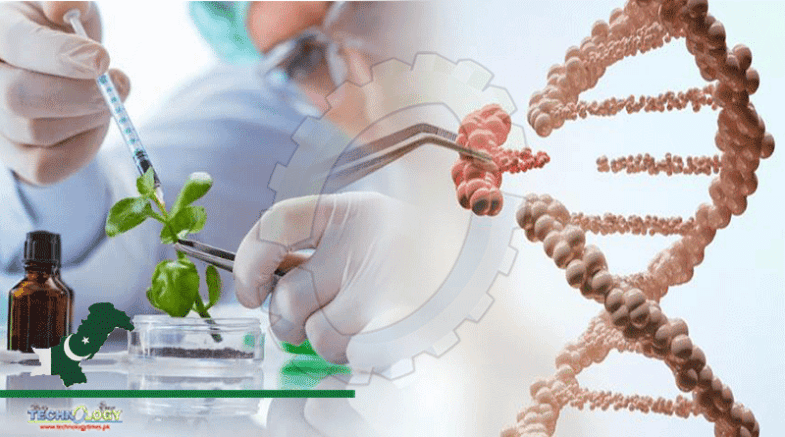As the world population is project toward nine billion in 2050, experts in biotechnology say embracing biotechnological innovations can help to achieve Sustainable Development Goals (SDGs).
They said this at the 2nd Recent Advances in Biotechnology Conference and Workshop (RAIB-2021) held at the Precious Cornerstone University, (PCU), Ibadan on Monday.
- Arms proliferation big threat to security – CDS, IGP
- PODCAST: How Insurgents take control of over 500 communities in Niger state.
In his keynote address, the President, Nigeria Bioinformatics and Genomics Network, Dr Charlse Adetunji, who spoke on innovations for diverse global challenges using functional Bioinformatics approaches, especially during COVID era underscored the importance of Biotechnology for the future.
He said this could be innovations in bioinformatics on sustainable environment and circular economy as tools in realising SDGs and addressing the challenges of climate change.
According to him, the world population will reach nine million by 2050 as Food and Agricultural Organisation (FAO) estimates that agricultural production will have to increase by 60 per cent by then.
Adetunji said: “Agriculture should undergo a significant transformation to feed the growing global population.
“Climate change adds extra challenges in reaching this goal especially in developing countries, where food insecurity and poverty are prevalent.”
The expert noted that discovery of a new bioherbicide could assist farmers to prevent the usage of synthetic herbicides, which is one of the threats to food safety, ecosystem and human health.
Also, another keynote speaker, Dr Su Shiung Lam, of the University Malaysia Terengganu, who spoke on the latest innovation of conversion of waste into value added products through the use of microwave vacuum pyrolysis said the process was very efficient and bio-friendly.
“Microwave vacuum pyrolysis treats waste plastic and used cooking oil simultaneously. It provides high heating rate, short reaction time, low energy and high product yield,” he said.
Lam stated that the solution the world needed was in microwave pyrolysis and bacterial fermentation integrated into the bioplastic production system.
“It converts commercial plastic waste to biofuel and bio-oil using microwave co-pyrolysis and then produces bioplastic through Bacterial Fermentation of bio-oil,” he said.

 Join Daily Trust WhatsApp Community For Quick Access To News and Happenings Around You.
Join Daily Trust WhatsApp Community For Quick Access To News and Happenings Around You.


